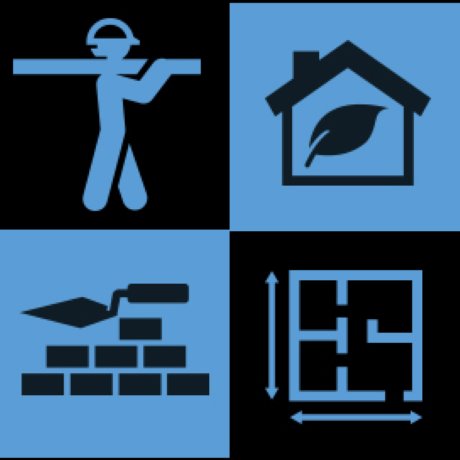Industry stakeholders expressed cautious optimism about the Forum of Labour Market Ministers’ (FLMM) decision to take ambitious action in order to improve skills training and labour market outcomes across Canada.
Recommendations stemming from a recent meeting call for a new Labour Market Information (LMI) Council, accelerating the harmonization of Red Seal apprenticeship training and speeding up the timelines for international qualification recognition.
"The more attention that provincial governments give to things like harmonization of apprenticeship and looking at easier qualification recognition can only help in terms of having a more streamlined approach," says Canadian Construction Association President Michael Atkinson.
The FLMM is co-chaired by Sam Hamad, the Québec minister of labour, employment and social solidarity and Pierre Poilievre, the federal minister of employment and social development. It is comprised of federal, provincial and territorial ministers.
The new LMI Council, which will also consist of a complementary National Stakeholder Advisory Panel, seeks to have governments and stakeholders working together to make sure all Canadians, "including students, businesses, workers and educators, have access to unbiased information they need to make informed decisions," a release states.
Atkinson says an important component is the stakeholder panel as there are resources, such as BuildForce Canada, that already exist and can provide useful information.
"I think it’s pretty obvious that if you were to ask industry members who has a better handle on what the employment needs, and where the demand is going to come from in the construction industry, over the next eight to 10 years, industry or government? I think I know what the answer’s going to be," Atkinson explains. "To a great degree that’s what BuildForce Canada does. They look at major impacts and sort of take it back to the drawing board."
He also states the LMI collected needs to be forward looking.
"While I applaud governments and labour market ministers for understanding the importance of good LMI… good solid labour market information has to be a prognosis on what the needs are going to be several years down the road, not just a snapshot of the current situation," he states.
"LMI needs to be stuff that we can see through the front window of the car, not in the rear-view mirror."
According to the FLMM, following approval of a business plan by ministers, this initiative will complement existing LMI activities from across Canada.
Ministers also announced an ambitious new target when it comes to harmonizing Red Seal apprenticeship training. While they noted that the first 10 will be harmonized by September 2016, the ministers would like to see a total of 30 Red Seal trades harmonized in most jurisdictions by 2020 (outside Quebec). As part of this plan, provinces, territories and the federal government will work with industry to harmonize training for two-thirds of Red Seal apprentices by 2017, the release reads.
For Sarah Watts-Rynard, executive director of the Canadian Apprenticeship Forum (CAF), the FLMM’s support of apprenticeship harmonization is a step in the right direction, but it won’t happen overnight.
"This is an important element in ensuring apprentices are able to move seamlessly between the provinces and territories to gain work hours and complete their technical training," she writes in an email to The Daily Commercial News. "That said, harmonization done well will take time and should include extensive industry involvement. I understand the urgency, but recognize that ambitious timelines will have consequences. This process won’t be simple and will undoubtedly require time, money and expertise from regulators, industry, apprenticeship boards, educators."
The ministers agreed to a collaborative approach to improve employer engagement in apprenticeship. This will focus on improving the co-ordination of programs; leveraging resources and experiences across governments; and sharing information and best practices.
"Given that this is one of the key areas where CAF-FCA works — connecting people throughout the apprenticeship community to share what’s working as they address barriers to apprenticeship training — I am a huge advocate of this approach," adds Watts-Rynard. "Employers have very different expectations from government across the country, but things that are working might be adapted."
The FLMM is also looking to establish "faster and fairer credential recognition" for internationally trained workers by working with regulators.
While this recommendation was encouraging, Atkinson says there are still some realities interprovincially that need to be addressed.
"Don’t get me wrong, I think it’s great that they’re looking at ways to ensure a more systematic and uniform national approach to assessment recognition of foreign credentials," he says. "But we also must ensure we don’t just talk the talk but walk the walk and make sure we’re also doing that consistently for all apprenticeable trades, not just Red Seal trades. I would suspect that there’s a way to go yet on the uniform recognition of trade qualifications even interprovincially beyond Red Seal."
Interestingly, in a separate announcement made July 16 by Canada’s premiers during the Council of the Federation meeting in St. John’s, N.L., a new protocol has been signed that will enable the mutual recognition of technical training, work experience, and examination results for apprentices who are moving between provinces and territories. This means, by 2016, the training and hours completed by apprentices in one jursidiction will be recognized by all others across Canada.



Recent Comments
comments for this post are closed